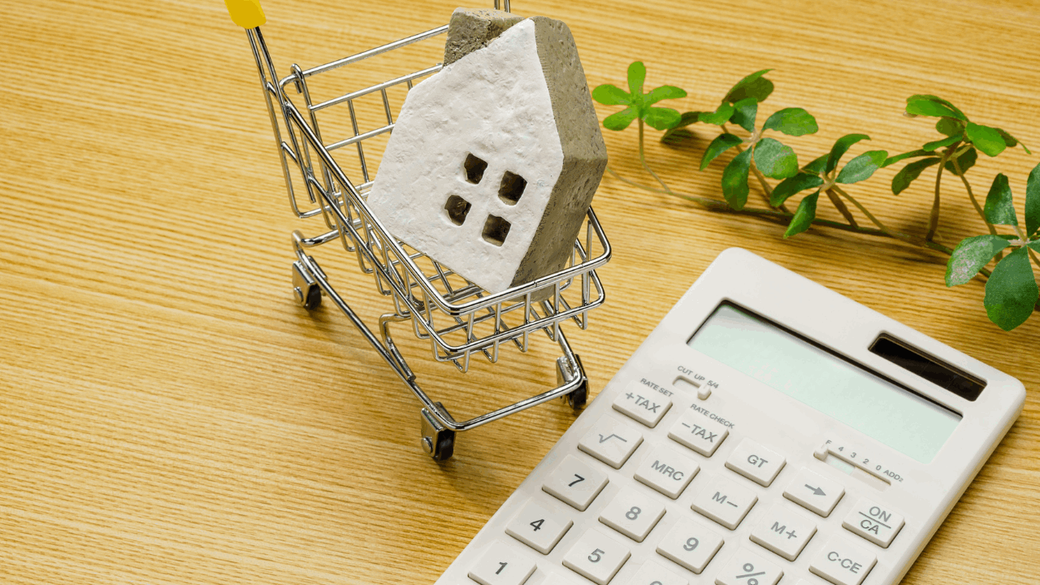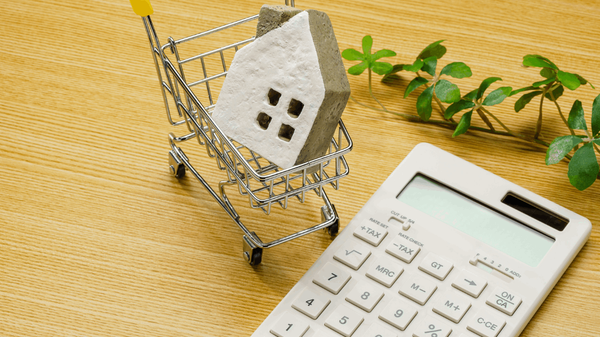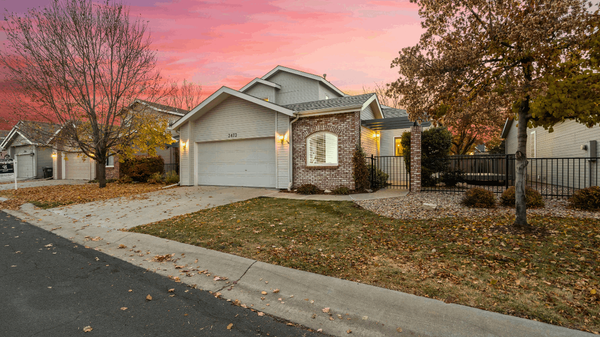Feeling Priced Out? 4 Smart Paths to Homeownership in 2025

1. The Fixer-Upper Route
Used by: 42% of surveyed buyers
Ideal for: DIY-savvy buyers with renovation flexibility
Not great if: You need a move-in-ready space or have limited renovation funds
Buying a home that needs cosmetic upgrades or repairs can open doors in neighborhoods you might not otherwise afford. In many areas, fixer-uppers sell at a 10–30% discount compared to updated homes, giving you more house for your money—and a chance to build equity quickly.
Benefits:
-
Lower upfront cost
-
Faster equity accumulation
-
Room for customization
Challenges:
-
Renovation time and expenses
-
Permits or specialized labor may be required
-
Not all lenders allow financing for needed repairs
💡 Expert Tip: Look into FHA 203(k) renovation loans. These allow you to bundle the cost of renovations into your mortgage, reducing your out-of-pocket spend upfront.

2. Buying With Friends or Family
Considered by: 21% of buyers overall, 32% of Gen Z
Ideal for: Trusted partners with shared financial goals
Not great if: You’re unsure about the long-term relationship or future plans
Pooling resources with friends, siblings, or parents can drastically increase buying power—and split the burden of ownership. This strategy is growing in popularity, especially among first-time buyers in expensive markets.
Benefits:
-
Lower individual costs
-
Higher combined budget
-
Shared maintenance responsibilities
Challenges:
-
Requires clear legal agreements
-
Relationship risks if issues arise
-
Must plan for future exits or buyouts
💡 Expert Tip: Protect everyone involved with a co-ownership agreement. Work with a real estate attorney to define responsibilities, equity splits, and exit procedures.

3. House Hacking: Turn Your Home Into Income
Used by: 18.6% of buyers
Ideal for: Those open to managing tenants or short-term rentals
Not great if: You prefer full privacy or hands-off ownership
House hacking involves buying a property and renting part of it out—whether it’s a guest suite, basement unit, or an attached dwelling. That rental income can significantly reduce or even eliminate your monthly mortgage bill.
Benefits:
-
Extra income stream
-
Reduces your housing expenses
-
Accelerates wealth-building
Challenges:
-
Managing guests or tenants
-
Must comply with local rental regulations
-
Additional insurance and tax implications
💡 Expert Tip: Before listing a room or unit on Airbnb, check local short-term rental laws. Some cities have caps or permitting requirements for STRs.

4. Relocating for Affordability
Considered by: 47% of buyers
Ideal for: Remote workers or buyers with location flexibility
Not great if: You need to stay in a specific region for work or family
One of the biggest trends in 2025? Buyers leaving expensive metro areas in favor of affordable suburbs or smaller cities. If you're willing to move, you can stretch your budget further and access more space, better schools, or lower property taxes.
Benefits:
-
More home for your money
-
Lower overall cost of living
-
High potential for long-term appreciation
Challenges:
-
May involve job changes or longer commutes
-
Smaller markets may lack amenities
-
Harder to tour homes remotely
💡 Expert Tip: Ask your agent about up-and-coming suburbs or “growth markets” that may not be on everyone’s radar—but offer great potential for appreciation.

Final Thoughts: There's More Than One Way to Own
In today’s market, traditional paths to homeownership aren’t the only options—and that’s a good thing. Whether you choose to renovate a fixer-upper, buy with a friend, house hack, or relocate for better affordability, the key is approaching your home search with creativity and intention.
Team up with a knowledgeable real estate professional, run the numbers, and choose a strategy that fits both your lifestyle and your long-term goals.
FAQs
Q1: Is 2025 a smart year to buy a home?
It depends on your local market and finances. While prices are still high in many areas, interest rates are settling and buyers have more room to negotiate.
Q2: What’s the most budget-friendly way to buy right now?
Explore co-buying, house hacking, or low-down-payment loans like FHA, VA, or USDA options.
Q3: Can I co-own a house with a friend legally?
Yes—just make sure to draft a clear legal agreement outlining responsibilities and future plans.
Q4: What’s risky about buying a fixer-upper?
Renovations often take longer or cost more than expected. Always get a thorough inspection before buying.
Q5: Are there still affordable places to buy?
Definitely. Emerging suburbs and mid-size cities offer better value and often greater long-term upside—especially for remote workers.
Categories
Recent Posts











7997 W. Sahara Ave. Suite 101, Vegas, NV, 89117, United States
